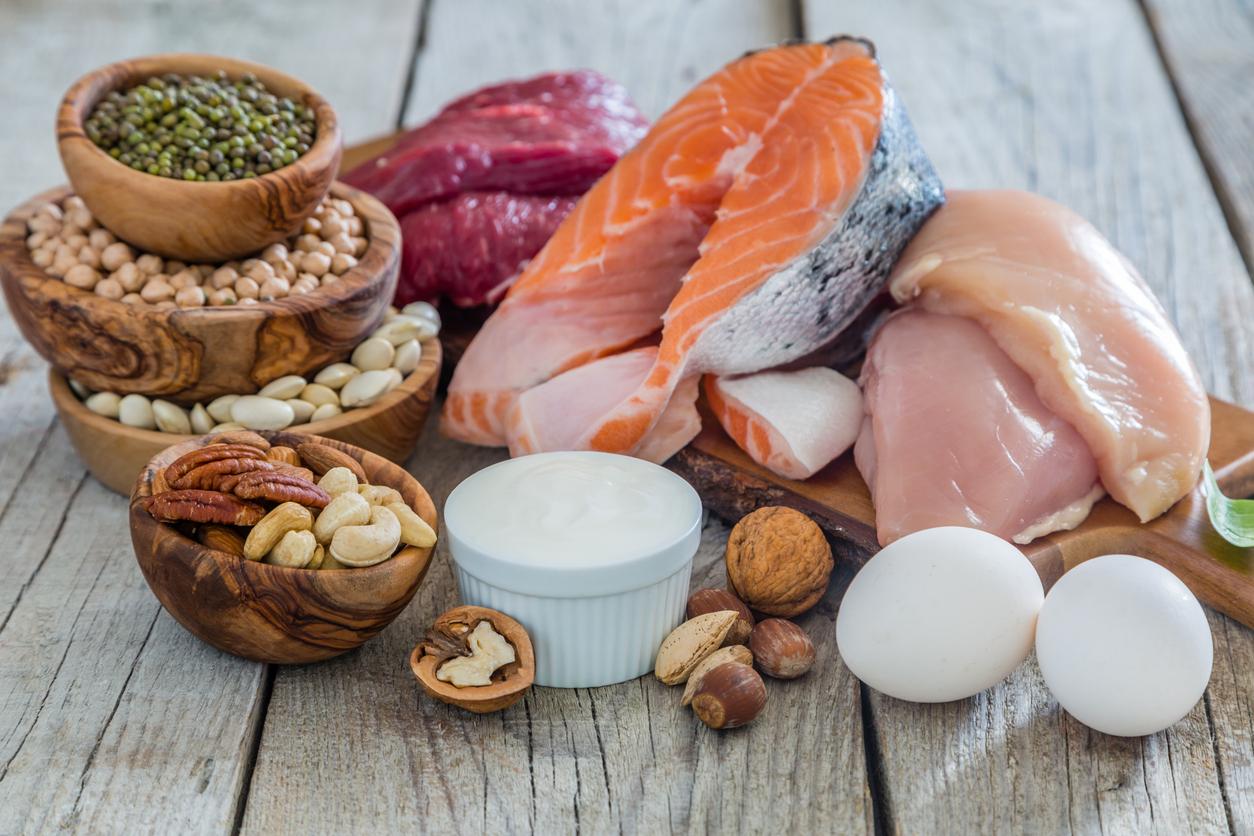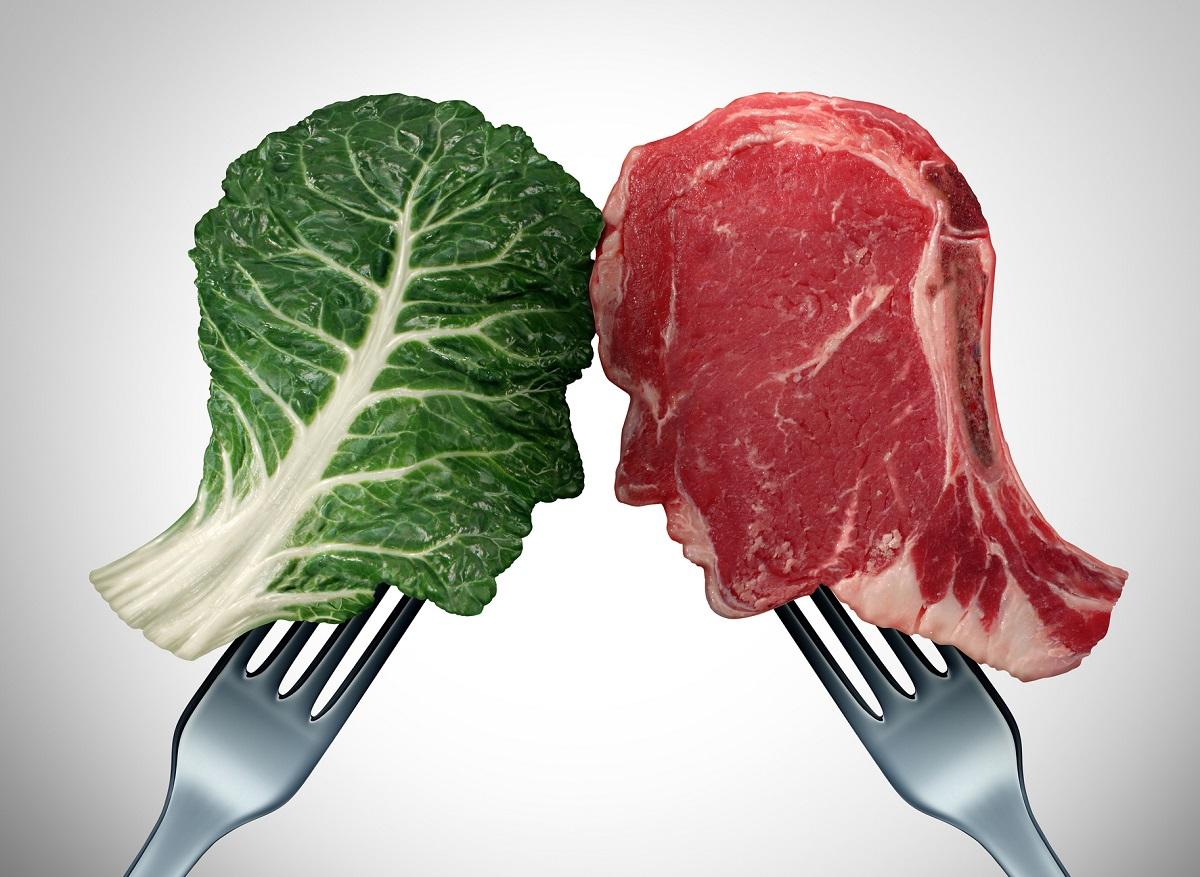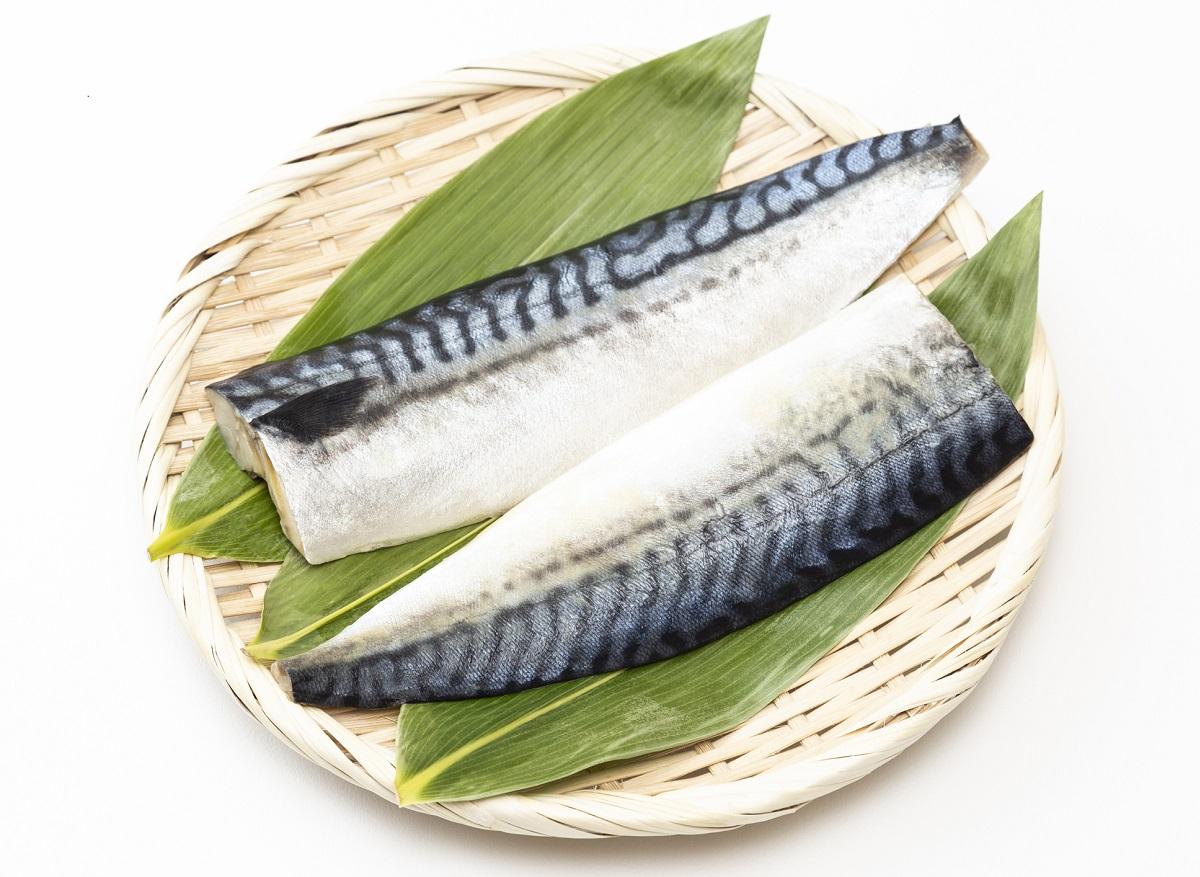To make your plate more virtuous, there is no need to revolutionize your diet. Replacing just one serving of red meat a day with an alternative could halve the carbon footprint of your diet, according to a new study.

If your New Year’s resolution was to pay more attention to what you eat to be more planet-friendly, this new study from Tulane University (USA) could help you do so.
Posted in The American Journal of Clinical Nutritionshe concludes that Americans who eat beef could reduce the carbon footprint of their diet by 48% by replacing just one serving a day with a greener alternative, such as poultry, for example.
Beef consumption, an ecological disaster
Researchers conducted a survey of what more than 16,000 Americans eat on an average day. They then calculated the difference people could make by replacing a food with a high environmental impact with equivalent but more sustainable options. Two parameters were taken into account to calculate the environmental impact of a food: the greenhouse gas emissions from their daily diet and the water scarcity footprint, which measures the number of liters of irrigation water to produce the food they eat.
The results collected show that approximately 20% of those questioned consume at least one portion of beef per day. However, if they swapped a serving of beef – for example, by choosing ground turkey instead of ground beef – the greenhouse gas emissions of their diets decreased by an average of 48% and the impact on water consumption by 30%.
“People can make a significant difference to their carbon footprint with very simple changes – and the easiest would be to replace beef with poultry”says lead author Diego Rose, a professor of nutrition and food safety at Tulane University’s School of Public Health and Tropical Medicine.
Small changes can lead to a big effort
The study also looked at how this change would affect the overall environmental impact of all food consumption in the United States over the course of a day. So if just the 20% of Americans who eat beef every day skipped it for one meal, it would reduce the overall carbon footprint of all American diets by 9.6% and the impact on the use 5.9% water.
The impact of changing other products has also been measured: replacing a portion of shrimp with cod would reduce greenhouse gas emissions by 34%, and replacing cow’s milk with soy milk would lead to a 8% reduction.
The greatest reduction in the water scarcity footprint was achieved by replacing asparagus with peas: minus 48%. By replacing almonds with peanuts, the water scarcity footprint would decrease by 30%.
Although individual substitutions were the focus of the study, Prof Rose said tackling climate change should not be limited to isolated actions. “The changes needed to solve our climate problems are major. They are needed in all sectors and at all levels of human organization, from international agencies to federal and state governments to communities and households. many individuals believe this and want to change our climate problem through direct actions that they can control.These actions can in turn change social norms about the seriousness of the problem and possible solutions to solve it.Our study provides evidence that even simple measures can contribute to these efforts.”
.















